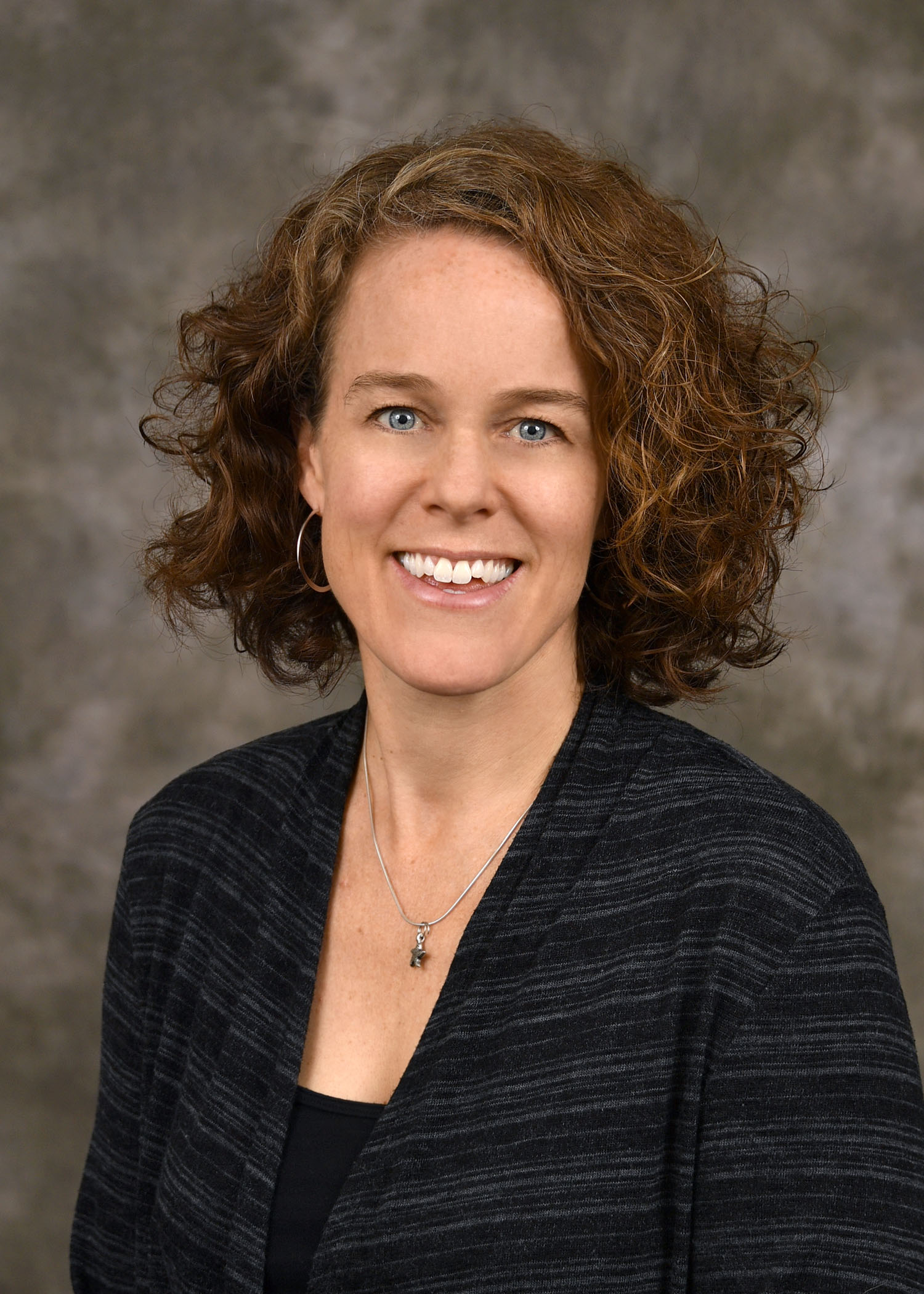|

|
DR. BETH ELISE WHITAKER
AUGUST MEMBER OF THE MONTH
University of North Carolina at Charlotte
Department of Political Science
Member since 2000
|
Beth Elise Whitaker is an associate professor of political science at the University of North Carolina at Charlotte. Her research focuses on migration and security, especially in sub-Saharan Africa. She has done extensive work exploring how political dynamics influence attitudes toward immigration, comparative refugee policy, and diaspora engagement in homeland politics. As a Fulbright Scholar in Kenya in 2005-2006, she conducted research on U.S.-African counter-terrorism cooperation. More recently, with a grant from the Minerva Initiative of the U.S. Department of Defense, Whitaker and colleagues launched the Resources and Conflict Project to examine how rebel groups’ illicit funding strategies influence conflict dynamics. Whitaker has conducted field research in Tanzania (1996-1998, 2003), Kenya (2005-2006, 2015, 2016), and Botswana (2005). Whitaker is co-author with John F. Clark of Africa’s International Relations: Balancing Domestic and Global Interests (Lynne Rienner Publishers, 2018) and her articles have appeared in the Journal of Politics, Political Research Quarterly, Journal of Conflict Resolution, European Journal of International Relations, Journal of Peace Research, African Studies Review, Journal of Ethnic and Migration Studies, International Migration Review, Third World Quarterly, and Journal of Refugee Studies, among others. Whitaker is past chair of the African Politics Conference Group, a network of political scientists who study Africa, and was co-leader of the American Political Science Association (APSA) 2015 Africa Workshop on conflict and political violence. She worked previously at the Brookings Institution and the American Council on Education and has consulted for the U.S. Departments of State and Defense, the Social Science Research Council, the United Nations Foundation, and Save the Children Fund. She received her Ph.D. in 1999 from the University of North Carolina at Chapel Hill.
WHY DID YOU BECOME A POLITICAL SCIENTIST?
With economists on one side of my family and politicians on
the other, it was perhaps inevitable that I would develop an interest in the
social sciences. As an undergraduate at Princeton University, I majored in the
Woodrow Wilson School of Public and International Affairs, which allowed me to
take a wide range of classes in history, economics, sociology, politics, and
public policy. Through courses on African history and economic development, I
became fascinated with the legacy of colonialism in that region. I ultimately
decided to pursue my interest in African politics in graduate school at the
University of North Carolina at Chapel Hill. Because the courses I took in
college changed the trajectory of my life, I am passionate about my role today teaching
undergraduates at UNC Charlotte. More than one-fourth of our students are
first-generation college students and a significant number are foreign-born,
including many African immigrants. As director of the Political Science Honors
Program, I do my best to help our students pursue their own research interests
as my professors encouraged me to do.
WHY DID YOU JOIN APSA AND WHY DO YOU CONTINUE TO STAY INVOLVED?
To be honest, I did not get involved in APSA until after graduate school. I did not originally plan to pursue a career in academia and instead went to work in Washington, DC, after earning my Ph.D. Just to keep my options open, I started teaching part-time at a local university and realized that I wanted to go into academia after all. So I joined APSA for access to the job listings! When I went to my first APSA conference in 2001, I knew very few people and found almost no panels related to African politics. Fortunately, the next year, John Harbeson founded the African Politics Conference Group (APCG), a network of Africanist scholars in which I became very active, eventually serving as its chair. Over time, APCG grew to several hundred members and became an organized section of APSA. Recently, I’ve also become active in APSA’s Migration and Citizenship section. Now, I am excited to attend the APSA conference each year to see old friends and make new ones, particularly through these organized sections in my field.
WHAT IS THE MOST CHALLENGING ASPECT OF BEING A POLITICAL SCIENTIST?
As much as I love the flexible schedule that comes with being a political scientist in an academic setting, finding a manageable work-life balance is a significant challenge, particularly with young kids at home. Most of this pressure is self-imposed, driven by the desire to complete a long list of research projects that are fascinating to me, if not to anyone else, while also fulfilling my teaching, service, and other responsibilities. A related challenge is the lingering question of whether all the work that we do as political scientists makes any difference in the real world. Whether we’re talking about African migration or rebel behavior, political scientists are very good at diagnosing problems and identifying probabilistic relationships but are less adept at proposing workable policy solutions, let alone pushing for their implementation. Although I try to make my research as accessible as possible, I fear that the gap between academics and policymakers is only widening, particularly in the current political climate.
IF YOU COULD GIVE ONE PIECE OF ADVICE TO SOMEONE IN THEIR GRADUATE/UNDERGRADUATE YEARS, WHAT WOULD IT BE AND WHY?
Discover your passion. Find something that you are
excited about and pursue it. I’m realistic enough to know that it’s not always
possible for people to pursue their passions, but when you do, things often
have a way of working out. Several years ago, a first-generation college
student from Baltimore transferred to UNC Charlotte with plans of going to law
school so he could earn a good salary. As he took more classes in political
science, though, he became increasingly interested in studying international
conflict, drawing parallels between the grievances that motivate some conflicts
and those of the community in which he was raised. After working on several
research projects with faculty members, he graduated with honors from our
department and his thesis won our best paper award. This month, he is starting
the Ph.D. program in political science at UNC Chapel Hill and plans to pursue a
career in academia.
OUTSIDE OF POLITICAL SCIENCE, TELL US SOMETHING INTERESTING ABOUT YOURSELF.
When
I was in college and graduate school, I played water polo. It was a great way
to exercise and to socialize with people outside of my program, particularly as
a grad student. (I love my fellow political scientists, but sometimes I want to
have a drink without talking about the latest APSR article!) I continued to
play club water polo when I moved to Charlotte but drifted away as life got
busy. Now, my daughter is a competitive swimmer, and I’m trying to convince her
to start playing water polo. Maybe I’ll even return to the pool myself!
